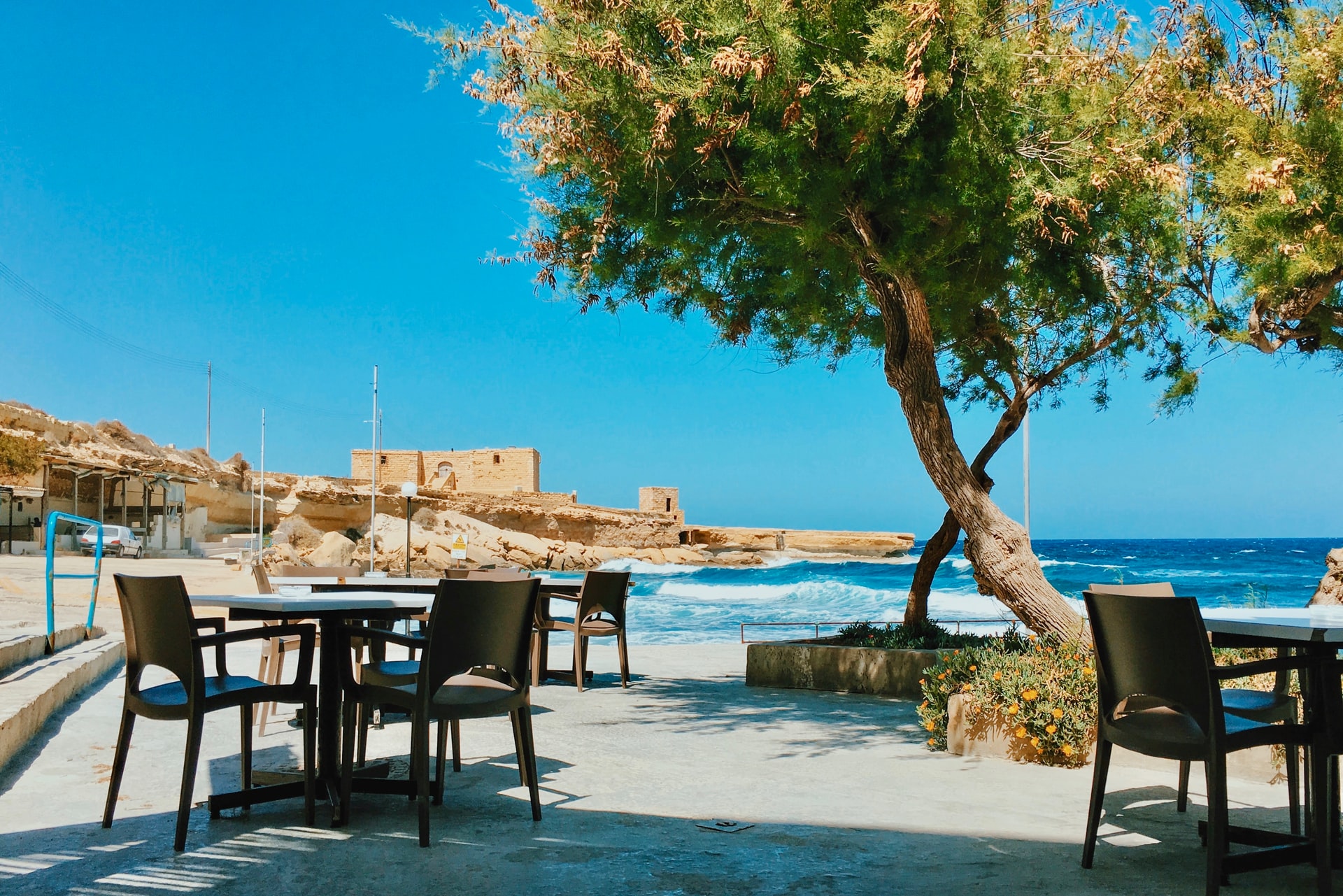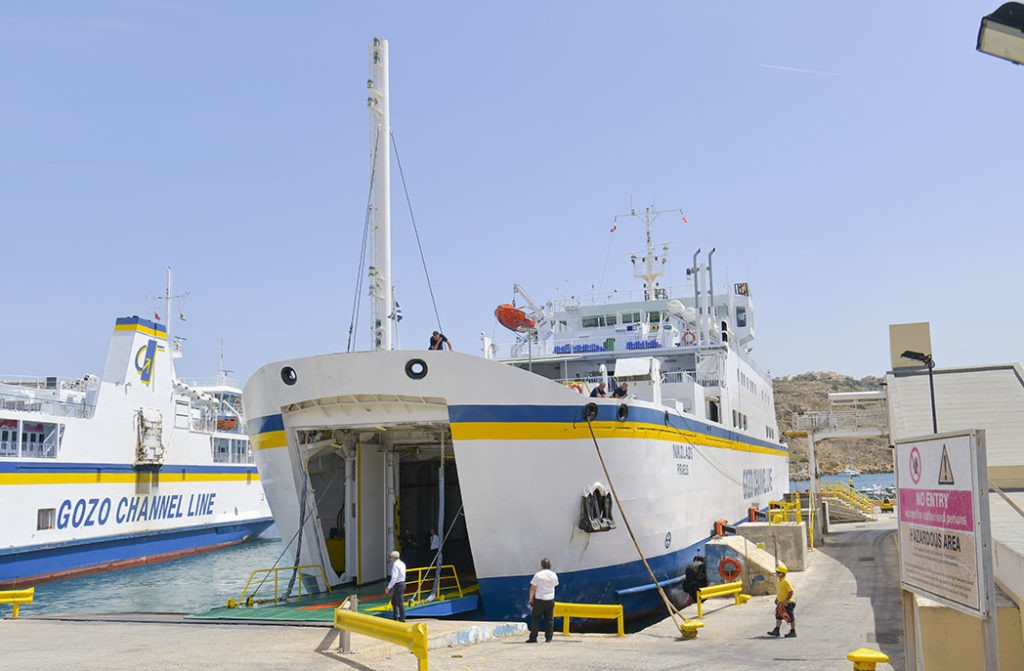The potential for automation in Maltese bars and restaurants is limited, according to Philip Fenech, a veteran of the local leisure industry, who believes that the touristic outlook of the local industry depends on “the exchange of energies” between staff and patrons.
“When you’re a tourist, you want to see people, you want to make contact,” he told a conference organised by the George Mason University School of Business in Lyon, France.
Mr Fenech, who serves as deputy president and head of tourism affairs at the Chamber of SMEs, as well as chairing the Town-Centre Management Project in Paceville/St Julian’s, was describing the experience of Malta’s hard-hit leisure sector during the pandemic period to attendees of the event, in conversation with Suzanne C. de Janasz, a Professor of Conflict Analysis & Resolution at the esteemed university, which is based in Virginia, USA.

His comments on automation followed a question posed by Dr de Janasz, who referred to the wide take up of things like scanning QR codes for menus in the US as a response to pandemic restrictions and the lack of available staff – a situation very similar to that still being felt in Malta.
However, Mr Fenech said that although there has been a rise in the use of automated technology in back office settings, “bar staff, waiters… those are the sort of staff you need on premises,” adding that “you can’t have a restaurant and not have anyone there to greet customers”. However, establishments with less emphasis on the dining in experience, such as fast food outlets, might find automation more promising, he said.
He pointed out that the leisure industry was hit particularly hard by the pandemic because it is “based on getting people together, dancing, hugging, the exact opposite of social distancing”.
On a positive note, Mr Fenech said that “the industry is back”, with the final restrictions being lifted and people once again in a mood to go out and enjoy themselves.
“So far, things are looking good for this summer, the season has kicked off to a good start. Businesses are now trying to take advantage of these good times to pay all the arrears accumulated over the last two years.”
However, he did note a lingering sense of caution in close physical contact, especially among older people.
He ascribed the growing popularity of al fresco dining to this element of fear, saying that although there is a sense of relief that the pandemic is over many still prefer to keep some distance to others.
The effects of rising prices, partly due to the war in Ukraine, were also addressed, with Mr Fenech pointing out that in the UK, a key market for Maltese tourism, the cost of utilities has increased by around £1,000 per year. When including food, which has also seen steep increases in price, this goes up to around £2,000.
“For the lower income brackets, that’s a lot,” he said. “It’s about the amount you would spend on a holiday.”
He concluded: “Now, the goal is to try and attract affluent types whose travel habits are less susceptible to inflation. So we are trying to raise quality, despite the multitude of challenges we are facing.”
Passenger traffic between Malta and Gozo grew by nearly 8% in Q2 2025
Vehicle crossings and fast ferry usage also surged
New Malta-backed incubator to fuel Europe’s semiconductor startups
The ChipStart EU program provides a one-year, no-cost incubation opportunity for semiconductor startups in the European Economic Area
Government renews scholarship scheme for tech postgrads
In 2024 the Pathfinder Digital Scholarship issued €125,000 in funding, supporting 13 Master’s and 3 PhD students






